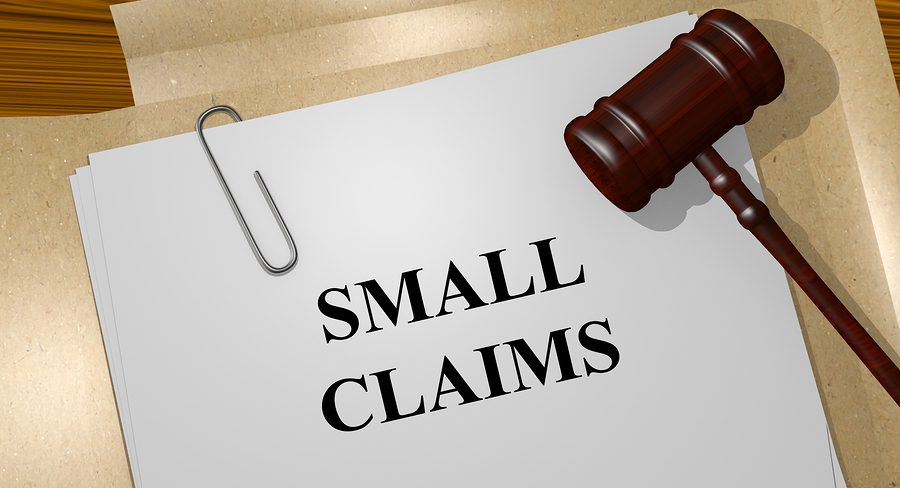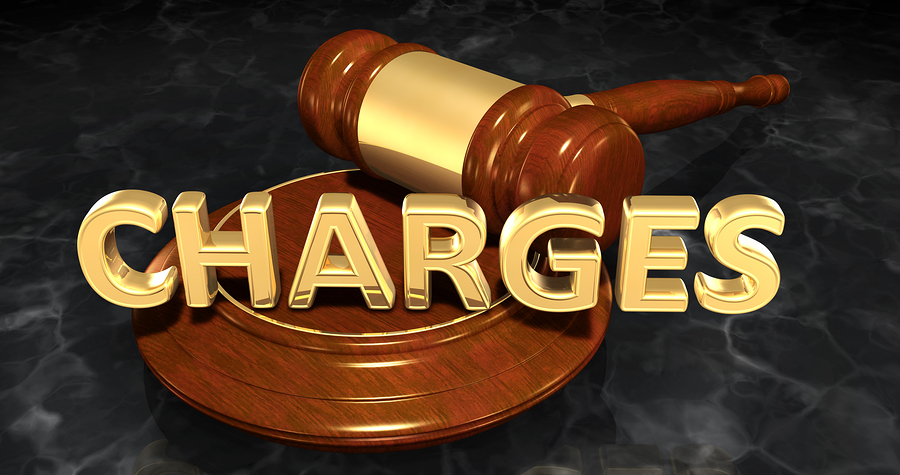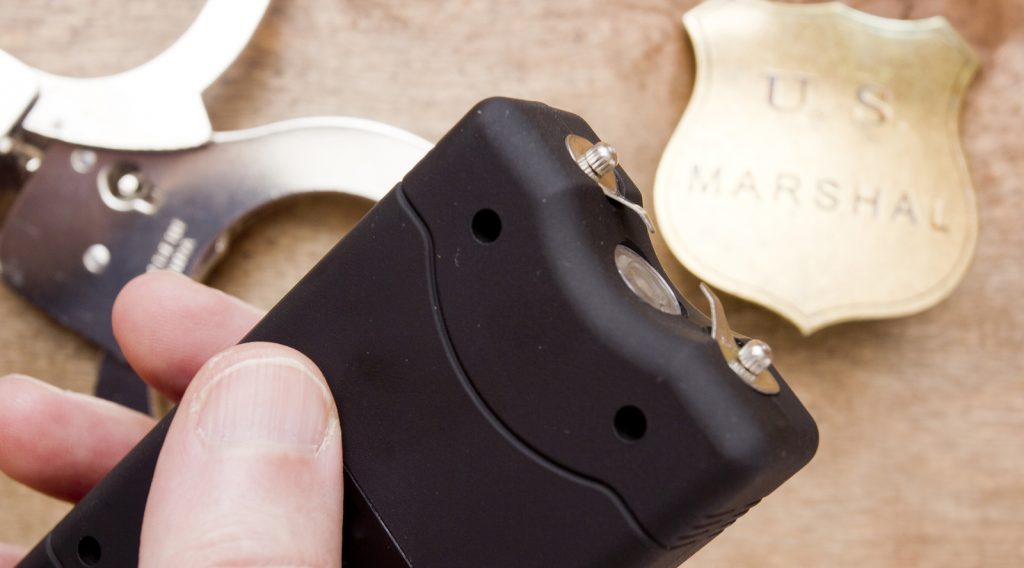When it comes to legally “righting” a wrong, the resolution can take place either in criminal or civil court. However, some offenses can be adjudicated in small claims court, such as minor infractions, negligence, restitution, and more. If you are confused about whether or not a particular crime or misconduct will be addressed criminally or civilly, your best course of action would be to talk to a licensed criminal defense lawyer in your city.
In the meantime, it will also help to understand small claims court better so you can decide where your particular legal matters might be resolved.

What is Small Claims Court?
Small claims court is just that; a court that rules on civil cases disputing small amounts of money. Some common examples of cases that are resolved in small claims court include eviction and landlord cases, traffic disputes, property damage disputes, and more. The dollar limit that defines a small claim is $6,000 or less. However, in Marion County, this increases to $8,000. Suing for more than these amounts in Indiana will require you to go through a different court system.
Do I Need a Lawyer for Small Claims Court?
In most cases, small claims court proceedings are speedy, uncomplicated, and inexpensive. They are also quite informal, so you do not need professional legal counsel, nor extensive knowledge of the law or statutes governing your case. However, if you wish to be represented by a lawyer in small claims court, the law permits you to do so. In this case, your lawyer would handle everything on your behalf.
Can Anyone Sue in Small Claims Court?
In order to bring a case to small claims court, the state law mandates that you are at least 18 years old or emancipated minor, as well as, a U.S. citizen. Businesses, organizations, and other entities can also bring cases forth in small claims court. Contact your local small claims court clerks’ office for details on how to move forward with your case.
How Long Do I Have to File My Case?
Here in Indiana, the statute of limitations for small claims court is usually between 2 and 6 years. Check with your local small claims court clerks office for details on your specific case. See the Indiana Code Ann. § 34-11-2-1 et seq. to review the details of these deadlines.
How Do I File a Case in Small Claims Court?
Your first step is to acquire all the necessary paperwork and fill them all out. Part of this paperwork will include a “Notice of Claim” form. Then you will need to pay all of your court costs and filing fees, upfront. Contact the small claims court office in your county to learn exactly what you need to get your claim started.
What if I’m Facing Criminal Penalties in Indiana?
Call 317-636-7514 to schedule a consultation with aggressive Indianapolis criminal defense attorney, David E. Lewis. He will stop at nothing to protect your rights and preserve your freedoms after being charged with invasion of privacy in Indianapolis. With decades of hands-on experience, you can trust Attorney David E. Lewis to build you a strong and impactful defense against your criminal charges.











